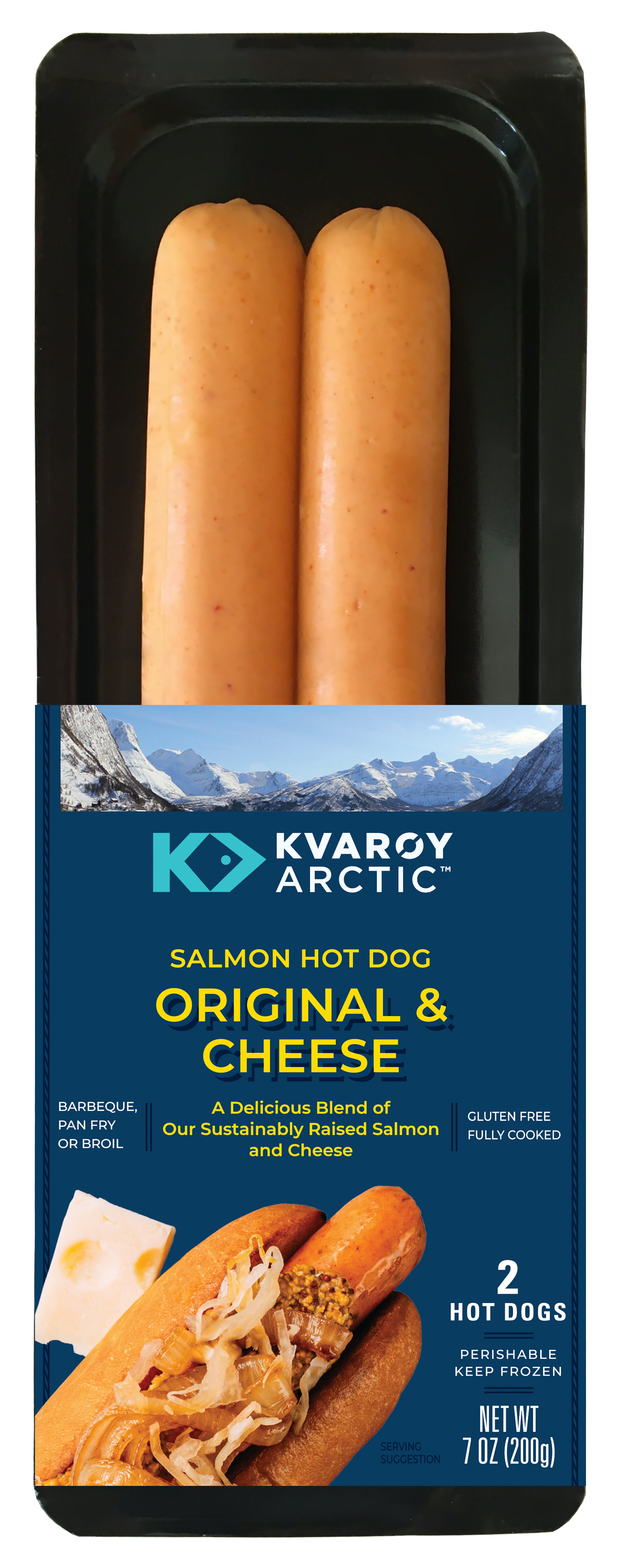How to Prevent Food Waste During the Holidays
Food is the heart of any holiday celebration. It nourishes the body and the soul. It gathers family and friends together. And don't we all enjoy cooking it for those we love the most? And sometimes we over-prepare, which is absolutely normal, but….
Leftover holiday food and food waste is a real issue. The Ecology Center found that in the United States, we see a 25% increase in waste between Thanksgiving and New Year's Eve. That’s 1 million extra tons of waste, and 21% of that is food.
Why is food waste such an ecological problem?
And what happens to the food we throw away in the bin?
All of the food scraps and leftovers we discard end up in landfills where they start breaking down. During this process, methane is emitted, a greenhouse gas about 20 times more dangerous than CO2.
The reality is that we throw away more than just the leftovers we see on our plates. As Pete Pearson, Director of Food Waste at WWF says, “When we throw away food, we’re also throwing away the land, water, and energy used to produce that food.”
We absolutely agree with Pete! At Kvaroy Arctic, we make every effort possible to lower food waste—it’s a core part of our sustainability plan. We avoid wasting any salmon by utilizing the trimmings and off-cuts from the fish to create delicious and purposeful burgers and hotdogs.
As we make the most of every piece of salmon, we believe the same can be achieved when preparing holiday meals. Food waste can be consciously tackled with persistence and on a daily basis. We encourage you to join us and make preventing food waste your family act of taking care of the environment.
It's easy to get your children on board! Healthy, and meaningful habits are shaped in childhood, hence the younger we engage children to help at home with cooking, grocery shopping, and holiday preparations, the younger we can educate them on also lowering food waste.
To make this super simple, we created a quick checklist with ideas for you and your family to follow this holiday season:
Plan in advance by making a grocery list before you go to the store, and stick to it. While listing what you need, check out what you already have in the pantry, the fridge, and the freezer.
Resist the urge to over-prepare big quantities of food; focus on preparing just enough.
Store food correctly. That’s a vast topic that you can research additionally. We love this guide on storing food. Separate sauces from salads and meals, when possible, so that the leftovers can stay good for longer and can be reused in different ways.
Don’t over serve. Portion control is a smart move here. Plus, everyone can always ask for more if needed. Another food-waste option is to serve “family style” or “buffet style”. This means putting everything in big bowls and plates on the table and letting people serve themselves.
Encourage friends and family to take leftovers home. Be prepared with transparent reusable containers and notes to write down the content in each of them and the date.
Store leftovers in the freezer — we are sure you will enjoy them on some busy weekdays after you’ve had a break from them for a little while. Again, mark the content and the date.
Explore “holiday leftover recipes” online for new ideas or check out the ones we selected for you below.
Feel free to donate the excess to a food bank or homeless shelter nearby. They are always accepting donations and having extra can be a great comfort around the holidays.
Compost! This is a useful way to give life to old food waste and create nutrient-rich soil that can be used in gardens, or potted plants. As they say, composting is taking care of the future.
And here are some amazing leftover recipes that you can also experiment with:
Flexible recipe for a quiche made of leftover meat or salmon and different garnishes
And 14 more salmon leftover recipes
Best Christmas Leftover Recipes
To wrap it up, reducing food waste is really beneficial on so many levels - for the household, for the people in the community, and for the environment. Lowering food waste:
Leads to reducing methane emissions from landfills.
Helps us save money through thoughtful planning, shopping, storage, and preparation.
Is good for the community when we volunteer and donate to those in need the untouched food that otherwise would have gone to waste.
Contributes to conserving energy and resources.
Finally, it is a way to respect nature and appreciate the harvest we receive.






